The following exerpt is from Paste magazine, beautifully written by Paste Senior Contributing Editor Geoffrey Himes. It was the opening salvo to their annual Best Of The Year section and I thought it worth sharing. Enjoy!
"It bothers me that Sam Baker’s Pretty World is my favorite album of the year. Not because it’s anything less than an amazing record. No, what bothers me is that Baker’s music has been heard by so few that it’s hard to have a conversation about it. Of course, it’s not your fault that you haven’t heard this selfreleased, poorly distributed gem any more than it’s my fault that I haven’t heard the obscure disc that’s your favorite album of the year.
This is the inevitable result of the music business’s ongoing decentralization. More and more of us are obsessed with our own private discoveries, and fewer and fewer of us connect with the shared experience that puts the “pop” in pop music. Much has been gained by the withering of music monopolies and the democratization of recording, but something has been lost, too.
On one hand, the collapse of the old paradigm—where a few record companies determined what got recorded and what got heard—means that it’s easier for a Texas construction worker to make his own record and for me to stumble across it along some forgotten byway of the Internet. It’s easier for you to discover a Cleveland skatepunk band on MySpace or a bootleg burn of a new rapper from Baltimore.
On the other hand, there was a distinct pleasure in sharing the same music—whether it was Elvis Presley, The Beatles, Prince or Nirvana—at the same time with millions of other people. That’s a pleasure that DIY recording, long-tail marketing and cyber-word-of-mouth hasn’t been able to replicate.
Baby-boomers like to claim that pop music was better in the ’60s than it was before or since. After 40 years of reviewing records for a living, I would argue that there is more or less the same amount of great music in any given year. The only thing different about the ’60s was that more of that great music was prominent on radio, television and the charts. What has changed, in other words, is not the quantity of terrific music but rather its visibility. And today, as a panicky music industry tries to defend the fortress crumbling around it by making ever more conservative choices, the most interesting music is often (though not always) pushed to the margins while the least interesting is set under the spotlight.
Sure, it’s good news that the margins have grown so broad and fertile, but we also need a strong center we can share. Somewhere out there in some dorm room or suburban bungalow or cramped apartment is the person who’s going to figure out how to rebuild that center in this decentralized environment.
And that person is going to change the course of pop music forever."
1 hour ago





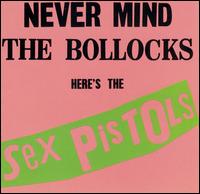



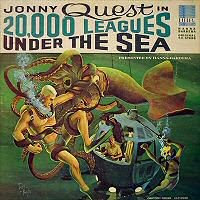






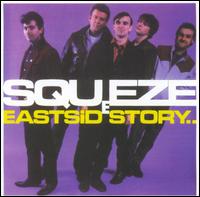





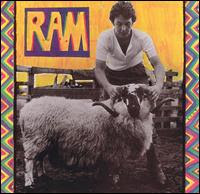




























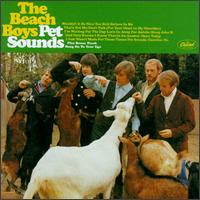





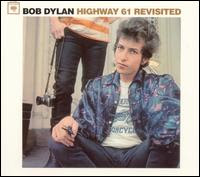




No comments:
Post a Comment